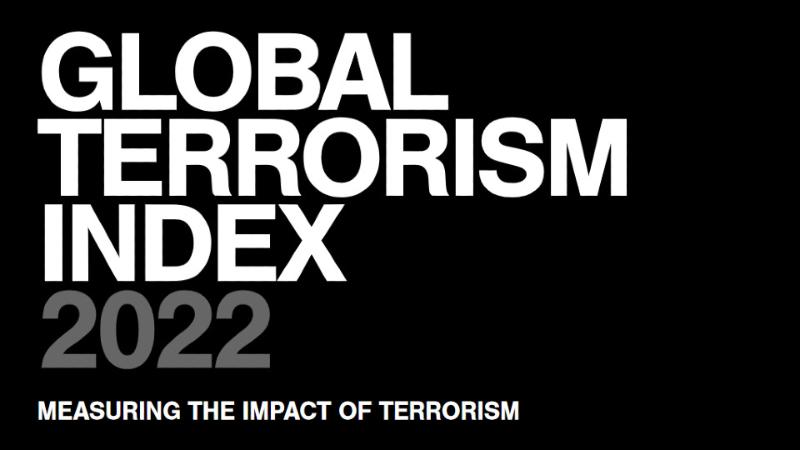Report shows that Nigeria budgeted a total of N11.18 trillion for security from 2015 to 2022.
According to the data by Jihad Analytics, despite the large budgetary allocation, the country remains the second most attacked country in the world by the Islamic State terrorist group.
Jihad Analytics is a firm that specializes in global and cyber jihad, as well as open-source intelligence and data.
In the group’s report spanning January to June, 2022, It revealed that Nigeria recorded 305 attacks with Iraq ranked first (337) and Syria ranked third (142).
This is happening against the backdrop of the claims by the President, Muhammadu Buhari, that his regime is winning the counter-terrorism war.
The PUNCH had previously reported on ISWAP terrorists and bandits’ activities in the North-West, North-Central, and attacks in the South-West.
The group claimed responsibility for the July 5 attack on the Kuje Medium Security Correctional Centre in Abuja, which resulted in the escape of hundreds of suspected Boko Haram commanders and other criminals.
Its fighters were also suspected of masterminding the attack on the elite Guards Brigade troops in Abuja, which killed five soldiers.
Buhari’s administration has spent approximately N11.18 trillion on security since he assumed office on May 29, 2015.
This figure includes budgetary allocations to the Ministries of Defence, Ministry of Interior, Ministry of Police Affairs, National Security Adviser and the Police Service Commission.
According to the 2015 Appropriation Act, which is available on the Budget Office of the Federation’s website, a total of N626.39 billion was allocated.
It increased to N978.72 billion in 2016, N1.12 trillion in 2017, N1.26 trillion in 2018, N1.33 trillion in 2019, N1.71 trillion in 2020, and N1.87 trillion in 2021 for all of the aforementioned ministries and agencies.
The budgetary allocation increased to N2.27tn by 2022, representing a 262.39 percent increase over the allocation in 2015.
Meanwhile, following a meeting with security chiefs at the Presidential Villa in Abuja on April 4, 2018, Buhari approved $1 billion for military equipment.
According to the PUNCH, the Ministry of Defence spent $99.5 million on equipment for the Nigerian Army, Navy, and Defense Intelligence Agency worth $99.5m, out of the $1bn approved by the President.
Buhari informed the National Assembly in 2018 that he had ordered the payment of $496 million to the US government for the purchase of 12 Tucano aircraft prior to legislative approval to withdraw the $1 billion fund from the Excess Crude Account.
However, the $1 billion arms fund was embroiled in controversy in March when the National Security Adviser, Maj Gen Babagana Monguno (retd. ), claimed that the $1 billion meant to purchase arms to combat the insurgency had gone missing.
According to the Stockholm International Peace Research Institute, Nigeria is one of the largest spenders on military expenditures.
Reacting, Aliyu Ilias, a Development Economist, said that the increase in budgetary allocation is in line with the country’s increasing insecurity.
“Security (budget) keeps increasing and there is the need to buy more equipment, so it is understandable that there is an increase in budget allocation,” he said.
Also, Prof. Sheriffdeen Tella, an economist at Olabisi Onabanjo University in Ago-Iwoye, Ogun State, agreed that the rising level of insecurity led to an increase in budgetary allocation.
“The level of insecurity has been rising. Definitely, there is the quest for more equipment. This is responsible for the increase in the budget. It simply means the level of insecurity is rising, which should not be,” he said.




